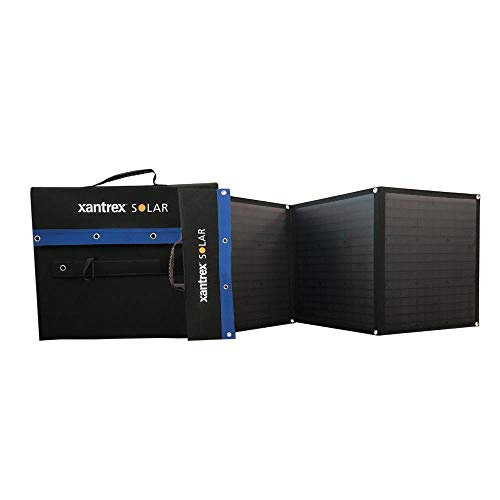I'm very unfamiliar with diesel heaters but I've recently became very curious about them.
They seem to be not overly expensive. I assume that they are fairly safe. I've read a bit about them here on the forum and have tried to sleuth a little bit online but I havent found a lot of practical real world experience about them.
As I understand them, the kits you'd find on amazon that is require a couple of vents to the outside as well as 12v DC power to run the fan and fuel pump.
The questions I have pertain mostly to the electric usage, noise, smell, and fuel consumption.
From what I have read they usually draw about 9 amps on startup and the running amps are less than 1 amp. This seems completely doable to me if that's true.
The startup amp drain I read is for the glow plug. I'm not very familiar with engines but I do know that diesel engines use glow plugs. Are these heaters actually an engine? When I first read about them I assumed they used a wick of sorts and burned the fuel similarly to the kerosene heaters i grew up with.
Speaking of kerosene heaters i understand that these will also run on kerosene. Is there a smell of kerosene/diesel when these are running?
In the coldest climates you've ran one what is your fuel consumption for a day? The vehicle I'd like to build out happens to run on diesel so it seems logical to use a diesel heater so i can carry extra fuel for the heater and vehicle in one container.
How many amp hours have you used on one of these for a days heating? If it really does use
[font=Roboto, HelveticaNeue, Arial, sans-serif]≥ 0.75 [/font]amps when running as I've read when I used the search function then as long as I can put 24 amp hours back into my battery in a days charging (an overestimation) there shouldnt be in issue at all running the heat continuously.
The noise of the fan wouldnt be a deal breaker for me unless it sounds like a jet engine. If the heater is in fact and engine how loud is it? Like an idling vehicle or as I'd imagine a bit less noisy as it's not very large.
I know there are a few popular models. 2KW, 5KW, and 8KW. I dont know the conversion between KW and BTUs or the area it can heat. The vehicle I'd like to build out is a short handicap shuttle bus. I know the windows would account for a lot of heat loss but would a 5kw model do the job? 8kw? I'd rather not go with the 2kw in case it just cant cut the mustard on a really cold night.
Well those are all of the questions I can call to mind at the moment. I'd love to hear some real world data.
They seem to be not overly expensive. I assume that they are fairly safe. I've read a bit about them here on the forum and have tried to sleuth a little bit online but I havent found a lot of practical real world experience about them.
As I understand them, the kits you'd find on amazon that is require a couple of vents to the outside as well as 12v DC power to run the fan and fuel pump.
The questions I have pertain mostly to the electric usage, noise, smell, and fuel consumption.
From what I have read they usually draw about 9 amps on startup and the running amps are less than 1 amp. This seems completely doable to me if that's true.
The startup amp drain I read is for the glow plug. I'm not very familiar with engines but I do know that diesel engines use glow plugs. Are these heaters actually an engine? When I first read about them I assumed they used a wick of sorts and burned the fuel similarly to the kerosene heaters i grew up with.
Speaking of kerosene heaters i understand that these will also run on kerosene. Is there a smell of kerosene/diesel when these are running?
In the coldest climates you've ran one what is your fuel consumption for a day? The vehicle I'd like to build out happens to run on diesel so it seems logical to use a diesel heater so i can carry extra fuel for the heater and vehicle in one container.
How many amp hours have you used on one of these for a days heating? If it really does use
[font=Roboto, HelveticaNeue, Arial, sans-serif]≥ 0.75 [/font]amps when running as I've read when I used the search function then as long as I can put 24 amp hours back into my battery in a days charging (an overestimation) there shouldnt be in issue at all running the heat continuously.
The noise of the fan wouldnt be a deal breaker for me unless it sounds like a jet engine. If the heater is in fact and engine how loud is it? Like an idling vehicle or as I'd imagine a bit less noisy as it's not very large.
I know there are a few popular models. 2KW, 5KW, and 8KW. I dont know the conversion between KW and BTUs or the area it can heat. The vehicle I'd like to build out is a short handicap shuttle bus. I know the windows would account for a lot of heat loss but would a 5kw model do the job? 8kw? I'd rather not go with the 2kw in case it just cant cut the mustard on a really cold night.
Well those are all of the questions I can call to mind at the moment. I'd love to hear some real world data.



























